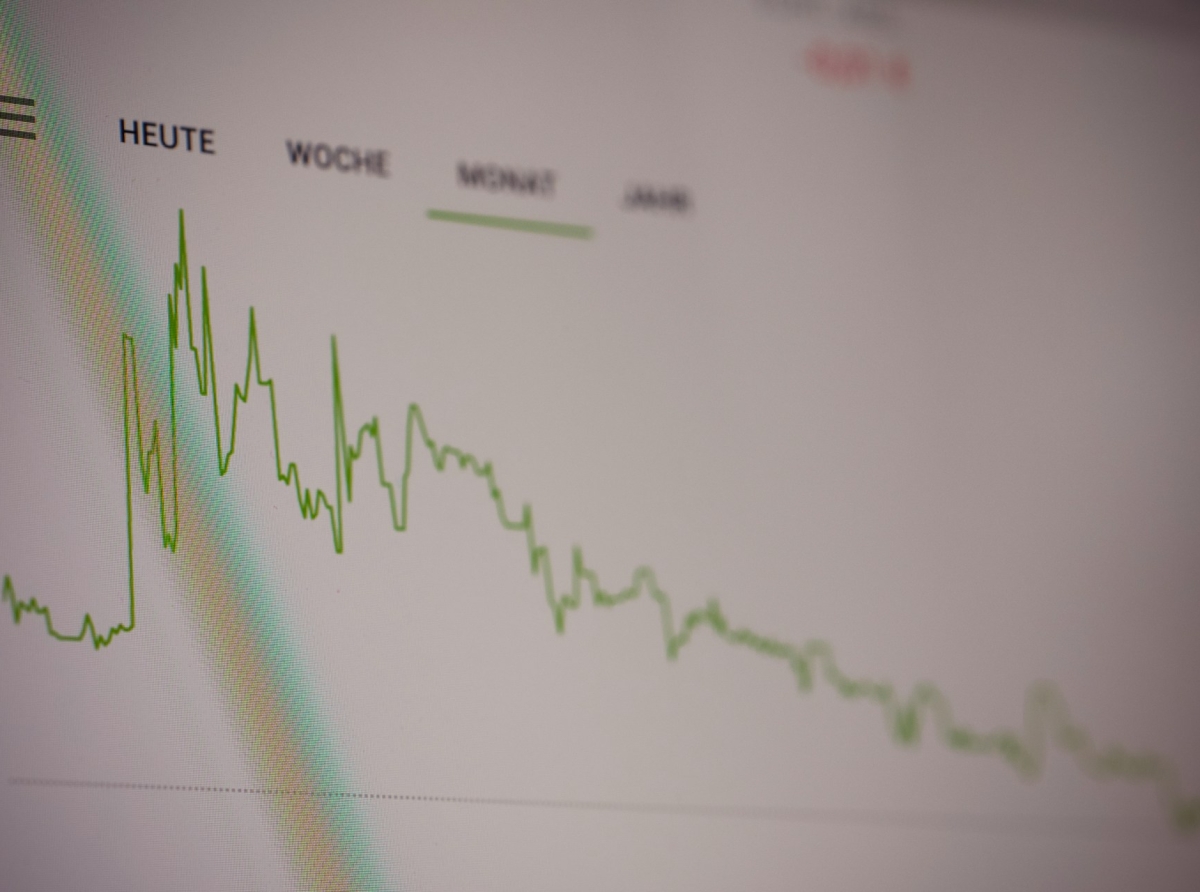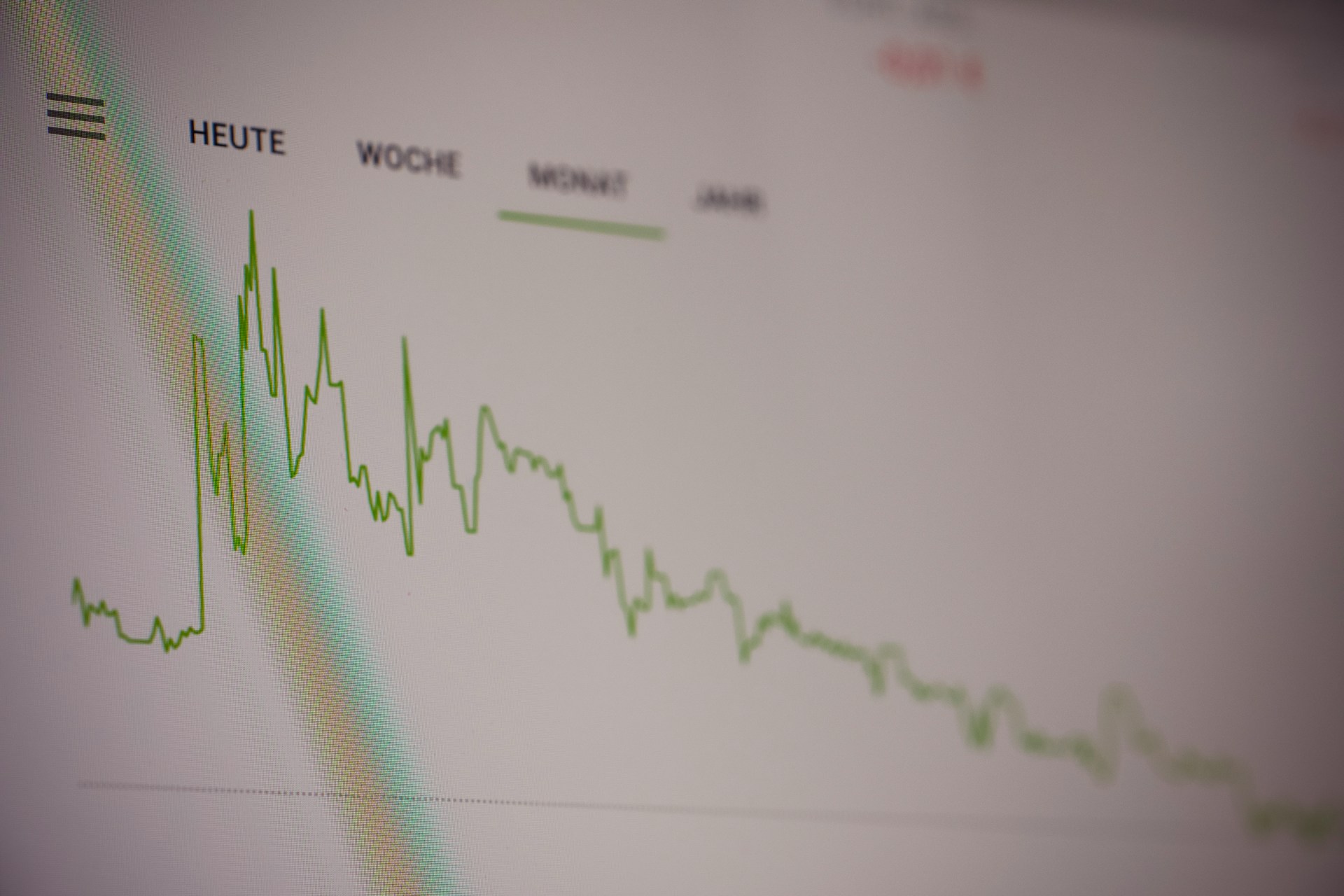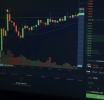Understanding the Regulation of Binary Options

Understanding the Regulation of Binary Options
Binary options are a type of financial instrument that offer traders a simple proposition: will the price of a particular asset be above or below a certain level at a specified time? By their nature, these options have only two possible outcomes—hence the term “binary.” Traders speculate on various assets, including stocks, commodities, currencies, and indices.
The appeal of binary options lies in their simplicity and potential for high returns. Unlike traditional trading where profits and losses are variable, binary options provide fixed payouts and losses. This simplicity attracts many novice investors. However, the very features that make binary options appealing also introduce significant risks. The fixed return structure often masks the potential for high losses, especially when trading is conducted through unregulated platforms.
The appeal of binary options lies in their simplicity and potential for high returns. Unlike traditional trading where profits and losses are variable, binary options provide fixed payouts and losses. This simplicity attracts many novice investors. However, the very features that make binary options appealing also introduce significant risks. The fixed return structure often masks the potential for high losses, especially when trading is conducted through unregulated platforms.

Understanding the Regulation of Binary Options
Historical Context and Evolution
The concept of binary options has been around since the early 2000s but gained significant popularity post-2008 financial crisis when investors sought new ways to gain or recover their losses in volatile markets. Initially, binary options were traded over-the-counter (OTC), making them largely unregulated.A pivotal moment in the history of binary options regulation was the inclusion of these instruments on regulated exchanges like the American Stock Exchange (AMEX) and Chicago Board Options Exchange (CBOE) around 2008-2010. This move brought increased legitimacy but also drew scrutiny from regulatory bodies due to rising concerns about fraud and misuse.
Regulatory Frameworks Worldwide
Regulation of binary options varies significantly across different regions:United States: The Securities and Exchange Commission (SEC) and Commodity Futures Trading Commission (CFTC) oversee binary options trading. Strict regulations are in place to protect traders from fraud and ensure transparency.
European Union: CySEC (Cyprus Securities and Exchange Commission) is one of the prominent regulators within Europe managing numerous brokers due to favorable regulatory conditions in Cyprus. However, ESMA (European Securities and Markets Authority) has imposed strict restrictions on retail trading of binary options across member states.
Australia: The Australian Securities & Investments Commission (ASIC) regulates brokers offering binary options under stringent guidelines designed to protect consumers.
Other regions like Asia have varied approaches; some countries impose bans while others operate under less stringent oversight.
Impact of Regulation on the Market
Regulation has significantly reshaped how binary options are traded:Changes in Trading Practices: Regulatory demands have led brokers to adopt more transparent practices, such as clearly stating risks involved and adhering to fair advertising standards. This has helped reduce cases of fraud where traders were misled about potential profits.
Case Studies:
United States: The implementation of strict regulations by SEC and CFTC drastically reduced fraudulent activities by unlicensed brokers but also limited market access for retail investors.
Europe: ESMA’s ban on offering binary options to retail customers reduced market size but increased overall market integrity by protecting inexperienced traders from high-risk products.
Future Trends and Challenges
The regulation landscape for binary options continues to evolve:Emerging Trends: There is an increasing trend towards harmonizing regulations globally to prevent regulatory arbitrage where brokers relocate to less regulated jurisdictions.
Challenges:
For Regulators: Balancing between protecting investors without stifling financial innovation is a key challenge. Ensuring compliance among offshore brokers remains complex.
For Traders: Navigating through differing international regulations can be daunting for traders looking for safe investment opportunities.
Regulating binary options is a dynamic process involving multiple stakeholders aiming at creating a balanced market environment that encourages fair trading while safeguarding investor interests. Although strides have been made towards stricter oversight globally, ongoing vigilance is necessary to adapt quickly to emerging trends and challenges in this fast-evolving financial landscape.
Binary options, Regulation, Financial instruments, Trading practices, Investor protection














Report
My comments